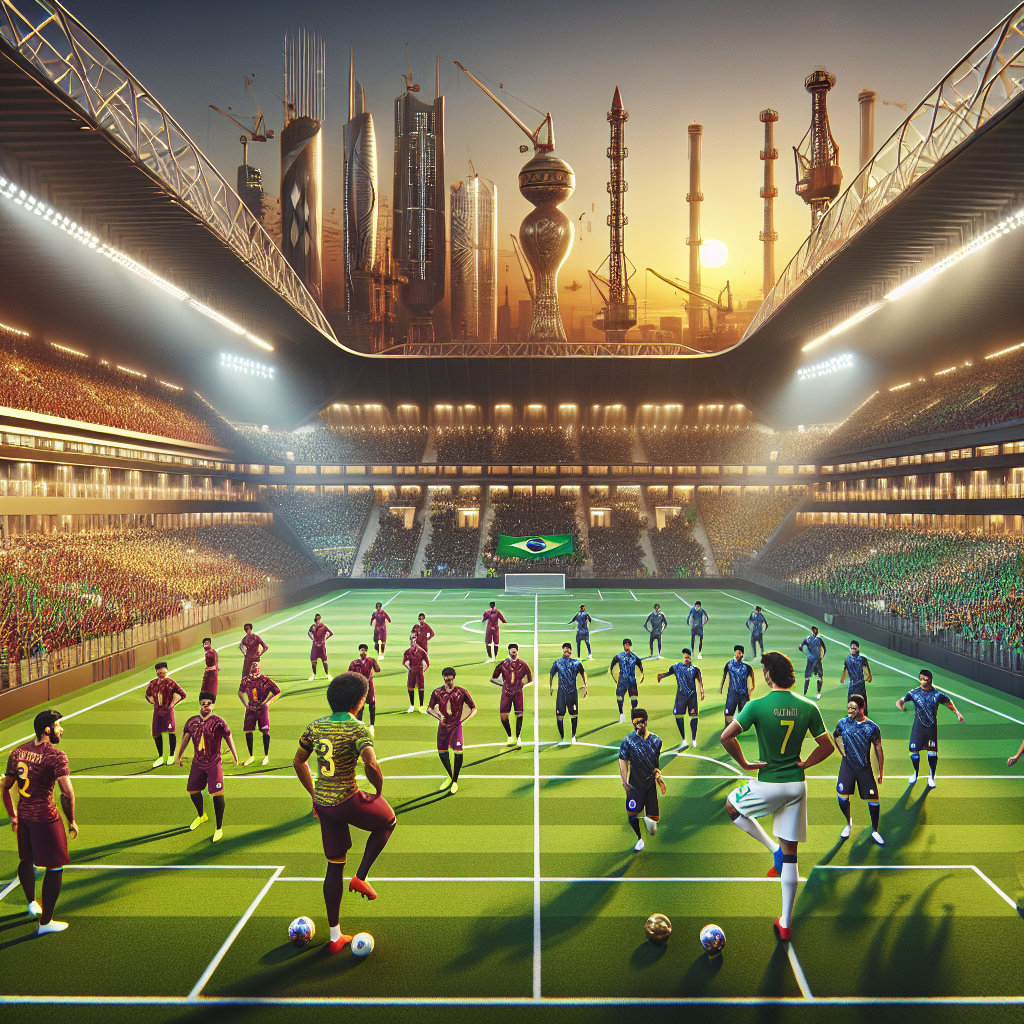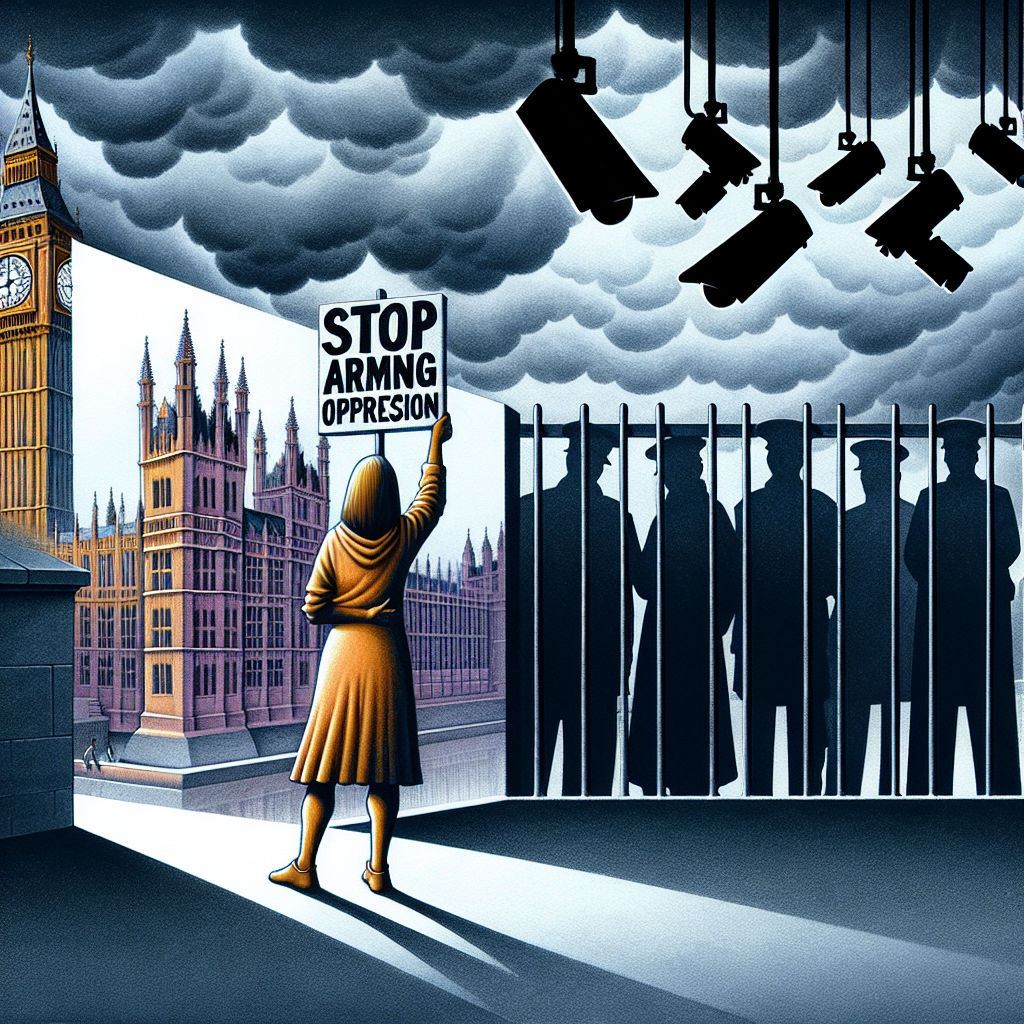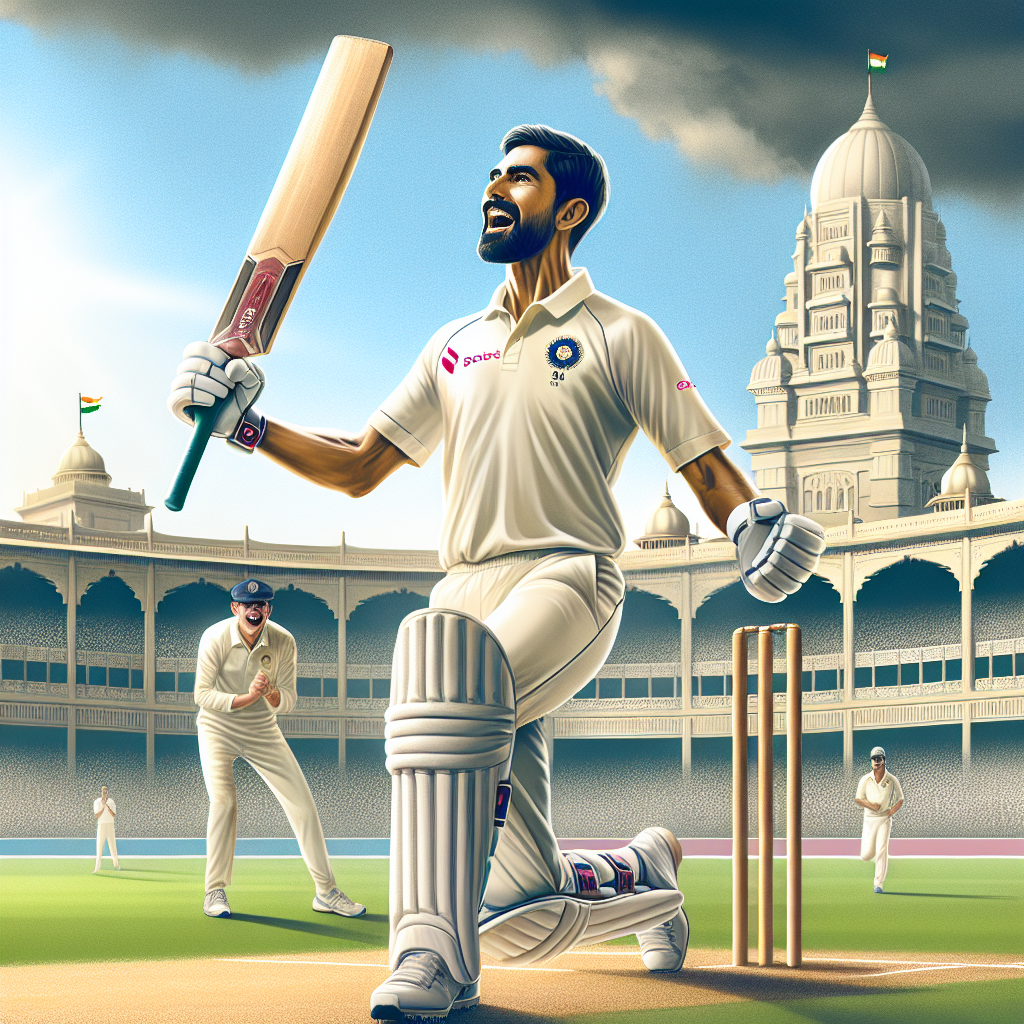Listen up, globe—the circus tent’s up, and the lions are ready to maul. No, I’m not talking about Washington or Westminster—though let’s be honest, the clown show never stops there either—I’m talking about the opening quarterfinal of the 2025 FIFA Club World Cup: Brazil’s samba maestros Fluminense versus the petro-dollar palace guards of Saudi Arabia’s Al Hilal.
Yes, ladies and gentlemen, lace up your golden cleats and toss out your geopolitics textbooks, because tonight we watch international diplomacy dribble itself senseless inside 90 minutes of corporate-sponsored chaos. The pitch isn’t just green—it’s a lush battlefield where strategy kicks harder than a U.N. resolution and reputations get more bruised than a G7 summit after-party.
Now for the match-up: On one end, Fluminense, that silky emblem of Brazilian football, bringing carnival rhythm and the kind of footwork that makes diplomats weep and opposition midfields disappear. They’re the footballing version of Brazil’s national congress: beautiful to watch in motion, but blink and they’ve flipped sides.
On the opposite side, Al Hilal—the crown jewel of Saudi club football and a walking billboard for what oil wealth and geopolitical ambition can do when FIFA says, “Come on in, the water’s warm.” They don’t just want to win. They want to rewrite the lines between sport and statecraft, boot by boot, petro-dollar by petro-dollar.
Kickoff? 7 PM local time. That’s when the gloves come off and power politics gets played in cleats. But let’s be real: this isn’t just a football match. This is a diplomatic summit in shorts. A tug-of-war between football legacy and football leverage.
The starting elevens? Like a G20 cabinet meeting—every player represents decades of deals, national identities, and billion-dollar broadcast rights. Fluminense will lean on their technique, their tempo, their ever-so-smooth samba sorcery. Meanwhile, Al Hilal didn’t just buy players—they acquired statements. Tactical, physical, and ready to impress both the referee and the regional soft power scoreboard.
But let’s not pretend this starts and ends on the field. This is the world stage. Brazil, still reeling from political infighting and an economic teeter-totter, is sending its footballers to remind us why that yellow-and-green jersey still matters in every barrio and boardroom. And Saudi Arabia? Please. The Kingdom’s not just flexing muscle—they’re building an empire, club by club, signing by signing. You think they hosted LIV Golf, built futuristic cities, and bought up every available midfielder on the market just for fun?
No, sir. This is foreign policy by football contract. This is global influence with studs on.
So let me ask you—when the whistle blows and the ball is rolling, who are you really watching? Eleven players? Or two nations—in different hemispheres, with drastically different game plans—playing kingmaker with a round ball?
You see, in this world, football isn’t just a sport. It’s a tool. A weapon. A spectacle wrapped in nationalism and Netflix rights.
And make no mistake, I play to win.
– Mr. 47










